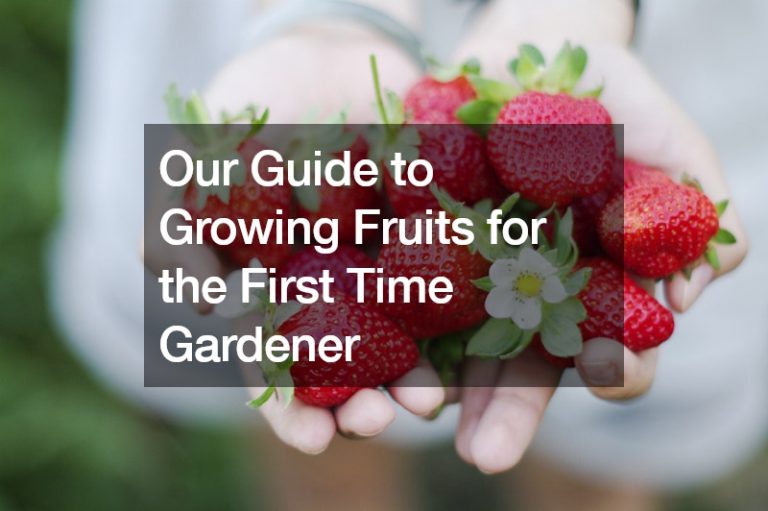- Continuous learning, industry networking, and mentorships enhance mental sharpness and career development.
- Fun mental hobbies like crossword puzzles, chess, and music stimulate the brain and improve cognitive flexibility.
- Mindfulness and meditation boost focus and memory and reduce stress, promoting a healthier mental environment.
- Maintaining mental sharpness through these strategies significantly contributes to a productive, healthy lifestyle.
Remaining mentally sharp in life is a necessity, not a choice. It improves cognitive function, bolsters memory, and enhances focus, enabling individuals to perform tasks more efficiently and make sounder decisions. According to a study published in the Journal of Gerontology, individuals who engage in cognitively stimulating activities have a 28% lower risk of cognitive decline. Furthermore, the Alzheimer’s Association states that keeping the brain active can potentially delay the onset of Alzheimer’s disease by several years. These statistics underline mental sharpness’ significant role in people’s lives, substantiating the importance of maintaining a mentally stimulating lifestyle.
However, you might not know where to begin when keeping your mind sharp. The good news is that you can incorporate plenty of activities into your daily routine to boost cognitive function and maintain mental clarity.
Continuous Career Learning

Continuous learning is constantly acquiring new knowledge and skills related to your job, work field, or interests. It’s an essential strategy for career development, allowing you to stay updated with industry trends, expand your skillset, and remain competitive in your field.
Participating in Professional Development Courses
One of the most effective ways to engage in continuous learning is by enrolling in professional development courses. Many organizations offer these programs to their employees. Additionally, online platforms like Coursera, Udemy, and LinkedIn Learning provide numerous methods across numerous domains, allowing you to expand your knowledge and skillset at your own pace.
Engaging in Industry Networking
Networking is another crucial aspect of continuous learning. Regularly attending industry conferences, webinars, and seminars allows you to interact with like-minded professionals, share ideas, gain insights into the latest industry trends, and identify future job opportunities.
Reading Industry-Related Publications
Consider reading books, articles, and reports related to your field. This will help you keep abreast of the latest developments and trends. Publications like Harvard Business Review, Forbes, and industry-specific journals are excellent resources.
Utilizing Mentorships and Coaching
Mentorships and coaching are invaluable for continuous learning. A mentor who is experienced in your field can provide guidance, share knowledge, and offer feedback to help you grow professionally. Organizations often have formal mentorship programs, or you can seek a mentor personally.
Fun Mental Hobbies

Engaging in enjoyable mental hobbies is another effective strategy for maintaining mental sharpness. Not only do these activities provide a much-needed break from routine, but they also stimulate different areas of the brain, encouraging cognitive agility and enhancing memory. For instance, research has demonstrated that hobbies that require concentration, problem-solving, and hand-eye coordination can significantly improve cognitive function.
One such mental pastime is working on challenging crossword puzzles. Crossword puzzles are more than just a fun way to pass the time; they can be an excellent brain exercise. They require you to think, recall, and draw connections, sharpening your cognitive abilities. A study by the American Journal of Alzheimer’s Disease & Other Dementias found that adults who regularly do crossword puzzles have better brain function in their later years.
Online platforms abound with various challenging crossword puzzle books catering to different skill levels. Regularly engaging in these online crossword puzzles can help improve your vocabulary, enhance memory, and promote overall mental fitness.
Other mind-engaging hobbies include playing chess, reading, writing, playing a musical instrument, or learning a new language. Each activity challenges the brain differently, promoting cognitive flexibility and resilience.
Remember, the key is to choose activities that you enjoy. It doesn’t feel like work when you’re having fun and are more likely to stick with it. Hence, keeping your mind sharp can be both productive and enjoyable.
Mindfulness and Meditation
Practicing mindfulness and meditation is another powerful strategy for enhancing mental sharpness. Studies show that these practices can improve focus, memory, and cognitive flexibility, which are crucial for mental acuity. Mindfulness, which is staying fully present and engaged in the current moment, can help eliminate distractions and improve attention span. Conversely, meditation aids in stress reduction and promotes emotional well-being, creating a healthier mental environment for cognitive processes to flourish.
Furthermore, meditation can increase the thickness of the prefrontal cortex, a part of the brain responsible for advanced cognitive functions like decision-making and awareness. Both mindfulness and meditation can be easily incorporated into your daily routine, requiring no special equipment or locations. You can significantly enhance your mental sharpness by dedicating a few daily minutes to these practices.
Final Thoughts
Maintaining mental sharpness is crucial for a healthy and productive life. Incorporating continuous career learning, engaging in fun mental hobbies, and practicing mindfulness and meditation into your routine can significantly improve cognitive function and promote overall well-being. These simple yet effective strategies allow you to enjoy the benefits of a sharp mind at any stage of life.



